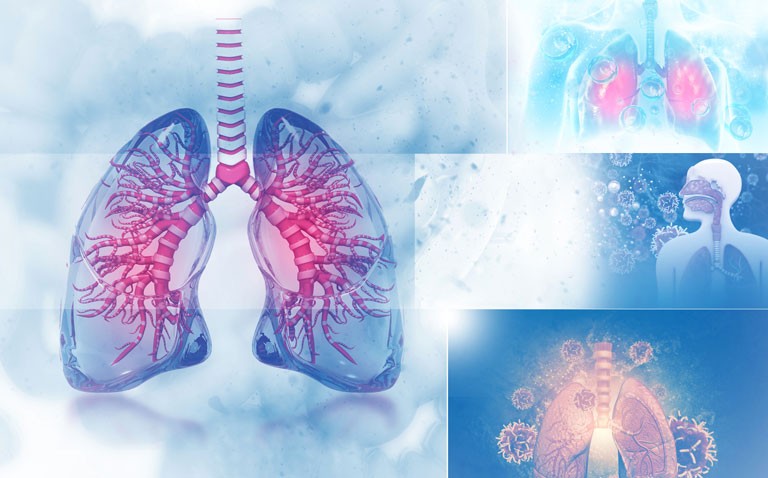A report by the Lung Ambition Alliance calls for European harmonisation of lung cancer services after the pandemic.
A report by the World Economic Forum in conjunction with the Lung Ambition Alliance calls for a road-map to address the impact of the pandemic on lung cancer services across Europe, to ensure their longer-term resilience and an improvement in outcomes for patients. The report incorporates the views and opinions of a wide range of stakeholder including health professionals, patients and policy makers. An important fact highlighted in the report is that services were struggling even before the current pandemic. Lung cancer accounts for nearly a quarter of all cancers and globally, over a million diagnoses every year. Moreover, despite treatment advances in recent years, it is still the case that less than 15% of those with the condition survive beyond 5 years. This is due, in part, to the late diagnosis because of the problem in differentiating from other conditions such as smoking-related disease, chronic obstructive airway disease and, more recently, COVID-19.
As the report notes, an unfortunate consequence of the pandemic has been the deployment of clinical staff from a variety of specialties to front-line services to help cope with the large influx of COVID-19 patients. Thus, the cancellation of non-urgent care and in particular, the stalling of early diagnostic screening for cancer, will undoubtedly result in a higher proportion of patients presenting at a more advanced stage of the disease which is associated with a worse prognosis, further reducing the number of patients who survive.
Going forward, the report appeals for greater investment to enhance capacity across the European healthcare system to ensure swift referrals for diagnosis and access to treatment. For instance, to enable a more effective diagnostic work-up, the report provides a useful guide to help differentiate between cancer and possible COVID-19. But a further priority identified, is the disparity in data collection in countries which clearly affects the ability to plan and manage services. In acceptance of this fact, the report recommends that national and regional governments work to develop registry systems that can help understand changes in the incidence of lung cancer and to identify those patients who have not accessed services during the pandemic. A further and important recommendation is for greater use of technology. The report cites as an example, the GENERATOR Tracer RT protocol from Italy. This mobile application allows for the collection and analysis of patient data via an artificial intelligence system, monitoring the health status of patients undergoing radiation treatment. The use of telemedicine is seen as an invaluable asset moving forward to support patients and their families and this could also form part of clinical trials to facilitate virtual visits.
Although countries across Europe have responded in different ways to the pandemic, the report concludes by calling for policy-makers to address lung cancer care and offer a framework, derived from the collective learnt experiences, that will serve to improve access to care and outcomes for lung cancer patients.
Citation
Learning lessons from across Europe; prioritising lung cancer after COVID-19. https://www.weforum.org/whitepapers/learning-lessons-from-across-europe-prioritizing-lung-cancer-after-covid-19










